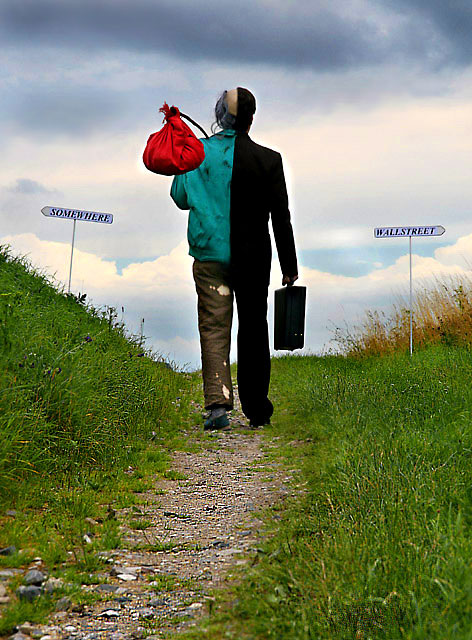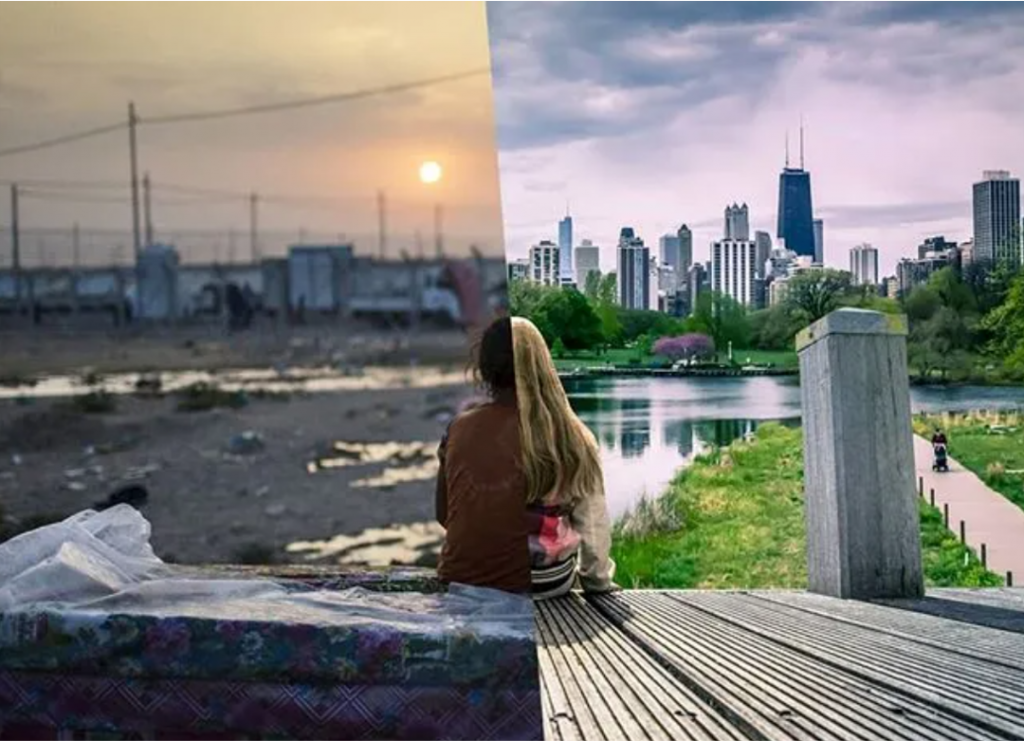To begin with
If you have to handpick anecdotes, stories, people, developments, incidents… to tell a story summing up what happened in this particular domain in the past decade, a domain that you have been actively involved in and one where you are professionally, personally and emotionally invested, what would you pick and how?

It goes without saying that if the work that you do revolves around people’s welfare, especially of vulnerable, less-privileged, marginalised individuals from your own country, or around issues like global warming that is threatening our very existence on this planet, coming up with a mere five-minute story on a decade of work, experiences, highs and lows, interactions and observations becomes quite the mind-boggling task. Should it be a formal/black-tie/diplomatic read, a quick denim-sneakers on-the-go piece, or a sepia-toned memoir?
I was also confused, until I looked at the submission deadline (wonder why writers and journos popularised this war jargon) and decided to pen down flashes (that’s how you see your life when you are nearing a deadline) from what one experienced firsthand over the last decade of social responsibility’s evolution in this country.
So, this piece has been penned down keeping in mind the average attention spans; also, the editorial brief was to keep it short, say-it-all-in-5-minutes, and in as many parts possible – and the flashes are mostly in the first-person account to keep it simple.
Flash 1: A round of applause for CSR teams across India Inc.
Had there been no CSR law, the professional mobilisation of resources – from distribution of meals from corporates’ kitchens to setting up of healthcare units and oxygen plants, to ongoing strengthening of grassroots health infrastructure, and so on – would not have been possible, certainly not at this scale.
As we saw, the corporate and social sector partnerships that the CSR law enabled turned out to be one of the most significant partnerships in the country’s battle against the recent pandemic. The government recognised the capabilities of corporates and their CSR teams and did not think twice before amending the law to bring Covid-19 spends under CSR.
Hats off to all those CSR professionals who were out there in the field, on the road, in hilly terrains, in the remotest villages of India’s aspirational districts… serving communities in need.
Flash 2: To the naysayers
Do not be surprised that the majority of individuals I meet outside of my professional circle do not really know much about the CSR law. When one does get talking about the mandate, the general response is: ‘are they really doing something for the people and the planet?
My revert, in different tones and mannerisms for different audiences (depending upon my perception of their intellectual capacity and their place in the hierarchy of power), generally revolves around a few points.
– CSR spends have crossed the trillion-rupees mark, yet it’s a drop in the ocean of funds required to address several interconnected issues…
– This apparently is the only law in the country (in the world too) that mandates not just social and environmental spending for companies, but also the assessment of the impact of the money spent and thorough reporting on:
- a) why you spent (project concept)
b) where you spent (cannot go beyond Schedule VII)
c) who you spent with (NGO partner with its unique CSR 1 code)
d) whom you spent on (your beneficiary – who they are, where they are, and why they have been chosen)
I generally avoid going into the repercussions of not spending as mandated, as it then sounds more like a taxation rule than the welfare plan that it is meant to be, and try to steer the talk to the impact and the outcomes, narrating stories of village women, school children, budding and professional sportspersons… stories of individuals who needed a little push before they could come into their own, a little springboard to get out of the cycle of poverty, or a supportive hand to pull off an environment project…
Flash 3 – Rotten apples
While you have enough evidence-based content for the naysayers, there are also the undeniable stories of opportunists and corrupt minds in the eco system. While there is a long list of blacklisted non-profit entities on the one hand, there are, on the other hand, also some companies that have been accused of misappropriation of CSR funds. There are media updates on how some UP-based companies have been routing the funds back to the companies’ promotors through hawala channels… To know more, one may just Google with right keywords. However, it is perhaps best to ignore the foolish modus operandi of some rotten few that now stands exposed.

Flash 4 – The communication shift
Steadily, gradually, and quite nicely, the communication from some (not all, of course) of the leading corporate groups is changing for the good. Between 2014 and until late 2019, simple CauseBecause queries with regard to the hypothesis of their CSR projects, long-term outcomes and impact, or the larger vision went unanswered by
the PR agencies-issued press releases.
The phase of blowing own trumpets is hopefully behind us. Large corporations are not trying to intertwine their marketing communication with CSR press releases, and CSR leads are more in sync with communication leads. Greenwashing has reduced considerably, everyone else being smarter than previously thought.
COMING UP in this series:
Part 2: 10 years of CSR in India: Companies and projects to look forward to in the next decade
Taking the ongoing projects as baseline, the next decade looks quite promising. CauseBecause records conversations with the leads of some of the promising social and environmental projects for the coming decade, while making a note of the hypothetical impact that they should make.
Part 3: 10 years of CSR in India – Some good individuals and their great contributions
Starting from the individuals in the highest offices in the government to managing directors and CEOs at corporates, to those leading the CSR departments and decision makers at foundations and non-profits – there are some individuals who deserve more than the designation and the appreciation.
In part three of this series, CauseBecause will profile such individuals and take notes on their contributions as also their vision, plans and hopes for the coming decade.
Part 4: 10 years of CSR – Video stories from CauseBecause docket
The team is out there in the field, with their cameras and curiosities and all geared up to see what’s changed and how, in narratives that will put a good part of the spotlight on the end-beneficiaries of projects…

